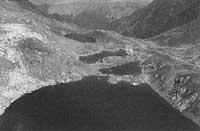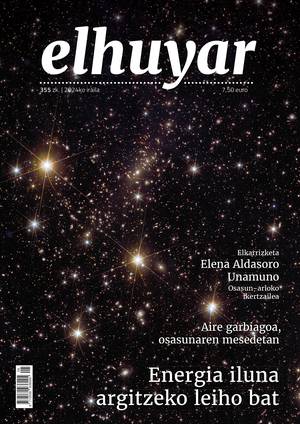Aluminum kills lakes
Air pollution produces acid rain and sometimes damages lakes far from the source of pollution. This is the case of Scandinavia, Canada and the Alps.

Water acidification should not be enough to kill fish and microorganisms. Therefore, scientists study the possible influence of aluminum (toxic metal) on natural sediments.
Water acidification facilitates the release of aluminum, according to the researcher at the Zurich toxicology institute, Christian Shlatter. In trials carried out with trout it has been proven that aluminum produces necrosis in the gills, causing the death of the fish. The more acidic the water, the less aluminum it takes to kill the fish. The concentration of 0.2 milligrams per liter is sufficient to, for example, sterilize Lake Cristallina of the Ticino River in Switzerland.
Through our food we consume between 2 and 5 milligrams of aluminum a day, but in the intestine only one thousand of that dose is absorbed and the rest goes in the feces. The use of aluminum tools in the kitchen increases the dose, but we still do not know well the metabolism of this metal in the body. It is also thought to be related to some forms of Alzheimer's disease.





